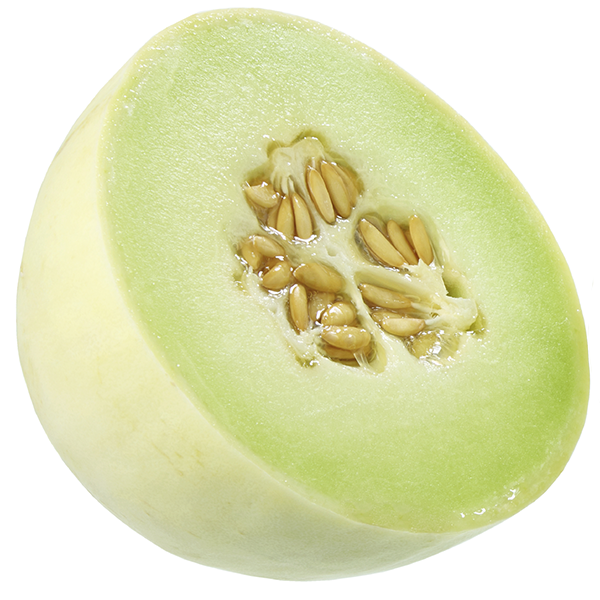
Organic honeydew makes up just a small fraction of overall honeydew sales. However, it can be a valuable category in your store when paired with other organic melons like cantaloupe. A sizable organic melon display could be a boon to your bottom line.
Promote honeydew to consumers looking for a healthy breakfast or snack item that also are interested in sustainable growing practices. Place signs on your display explaining the different growing process for organics.
Create an organic fruit promotion and include honeydew in the mix as it is popular in fruit salads and as a breakfast food.
Include organic honeydew in Easter and Mother’s Day promotions as it is a sweet addition to brunch.
Promote organic honeydew to parents as a sweet treat for their children’s lunch boxes. Make sure your display carries reminders to put an ice pack in that lunch box, too.
While fresh-cut melon is popular, cutting organic honeydew in the store means it can’t carry the certified organic label unless your store is a certified processor.
Create an organic melon display that includes other organic melons like cantaloupe, juan canary and crenshaw melons. While organic honeydew and organic cantaloupe aren’t big sellers on their own, when grouped together they can have an impact on sales.
Consider including orange-flesh organic honeydew to create more variety in your display. Be sure to label the different types clearly.
Honeydew and cantaloupe compare favorably in price to their conventional counterparts, so consider creating one large melon display with organics on one end and conventional on the other end, with the appropriate barriers in between.
Honeydew looks sturdy, but it will bruise and crack under pressure. Limit honeydew displays to one level.
Consider creating a waterfall display with organic honeydew. It saves table space and gets the melons into the aisle where consumers can see them.
Shipping
Organic honeydew is available to be shipped in a variety of different packs from 20-pound cartons to larger bin sizes.
Grades
U.S. No. 1
U.S. Commercial
U.S. No. 2
These grades are not mandatory. Shippers instead must adhere to minimum state standards for sugar content.
Handling
Temperature: 45 to 50 F, 7 to 10 C; mature melons can be held at 36 to 38 F
Relative humidity: 90-95%
Mist: no
Typical shelf life: 14 to 21 days
Ethylene sensitive. Do not store or transport with commodities that produce ethylene.
Place unripe product in warmer areas of the produce department. Honeydew, unlike other melons, does ripen and soften after harvesting when left at room temperature. Pin-size spots on the rind indicate chilling injury.
Overripe melons have a bitter flavor.